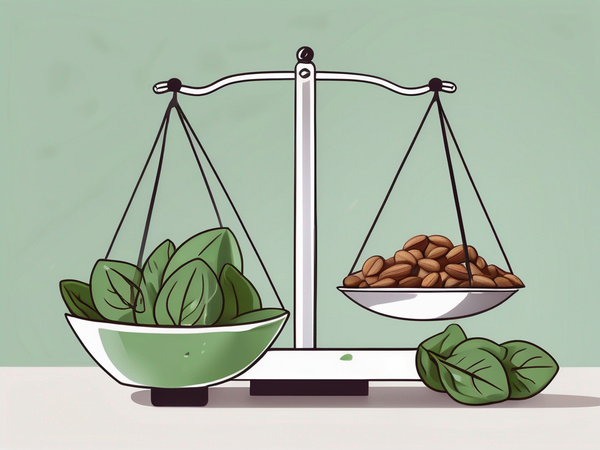Do Protein Shakes Make You Fat
Protein supplements have gained immense popularity as a convenient and effective source of nutrition, especially among fitness enthusiasts and athletes. Whether it’s to fuel workouts, aid recovery, or simply meet daily protein needs, protein shakes have become a go-to choice. Their versatility and ease of use make them a valuable addition to a busy lifestyle. But with their growing use comes a common question: Does consuming protein powder lead to excessive weight gain? In this blog, we’ll dive into the science behind protein powder, its impact on weight, and how to use it to achieve your health goals effectively
Debunking the Myth
The belief that protein powder leads to weight gain is a widespread misconception. In reality, weight gain occurs when you consume more calories than your body burns, regardless of whether those calories come from protein, carbohydrates, or fats.
Protein powder is designed to support muscle recovery and overall health, not as a "weight-gain trigger." When used thoughtfully within your calorie requirements, it can even promote weight loss by aiding in muscle building and increasing satiety. The key lies in balance and mindful consumption. So let's understand what's actually leading to weight gain if not protein directly.
Key Factors That Influence Weight Gain
Understanding the variables that affect weight gain helps you use protein powder wisely. Let’s explore:
1. Aligning Protein with Muscle Growth
Protein is essential for building and repairing muscles. However, consuming more protein than your body needs—especially without engaging in resistance training—can result in excess calories being stored as fat. To optimize intake, calculate your daily protein requirement or consult a healthcare professional to tailor your diet to your goals.
2. Physical Activity Levels Matter
A sedentary lifestyle significantly increases the likelihood of storing excess calories as fat. To maintain a healthy balance, pair your protein intake with regular physical activity. Even small changes, like a daily walk or light strength training, can make a difference.
3. The Caloric Surplus Effect
Adding protein powder to your diet without accounting for its caloric content may lead to overconsumption. For instance, combining protein shakes with calorie-dense meals can tip you into a caloric surplus, resulting in weight gain. To avoid this, monitor your total calorie intake and incorporate protein powder into a balanced diet.
In contrast, when consumed mindfully, protein powder can support weight loss efforts. Research indicates that high-protein diets provide 1.2-1.6 g of protein per kg of body weight thereby supporting weight management [NIH]. For those struggling to meet protein needs through food, protein powder can fill the gap.
It's seen that protein powder, as part of a high-protein diet, boosts satiety by suppressing ghrelin, the hunger hormone. It also enhances the thermic effect of food, increasing calorie burn. Studies suggest high-protein diets can improve metabolism and promote calorie burning. [NIH]
Additionally, protein supports muscle recovery after exercise, crucial for sustainable weight loss. Preserving lean muscle mass helps maintain a healthy body composition. [NIH]
Conclusion
Protein powder is a practical tool for meeting daily protein needs, making it a favorite among health-conscious individuals. While it’s easy to mix with water or create nutritious smoothies with milk, fruits, and healthy fats, mindful consumption is key. However, like any calorie source, overconsumption can lead to weight gain if not balanced within your overall diet. To prevent this, be mindful of portion sizes and choose protein powders with minimal added sugars. When consumed thoughtfully, protein powder can aid in weight management by supporting muscle protein synthesis, enhancing recovery, and boosting metabolism. It’s not the protein powder itself but how you incorporate it into your lifestyle that makes the difference.

























